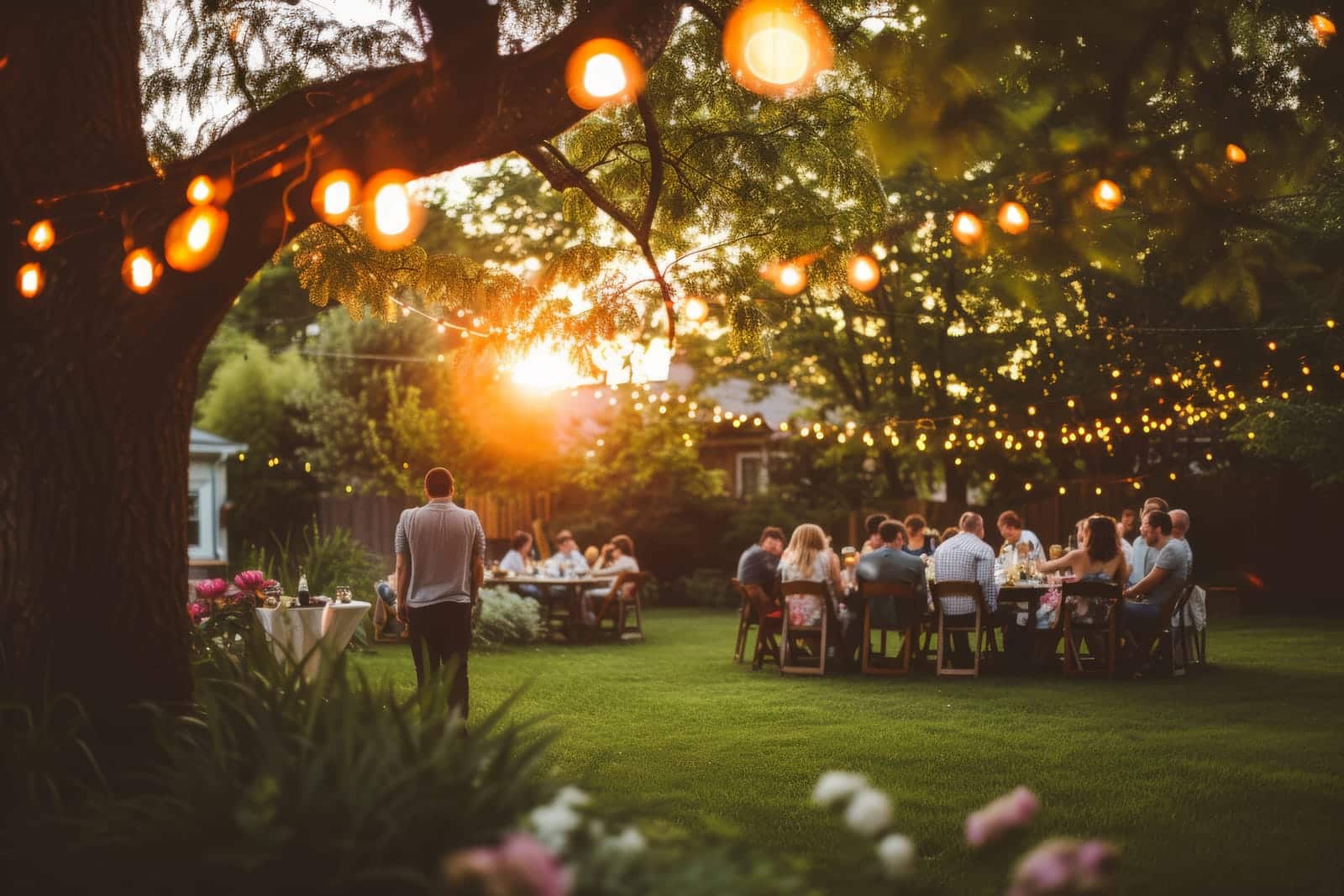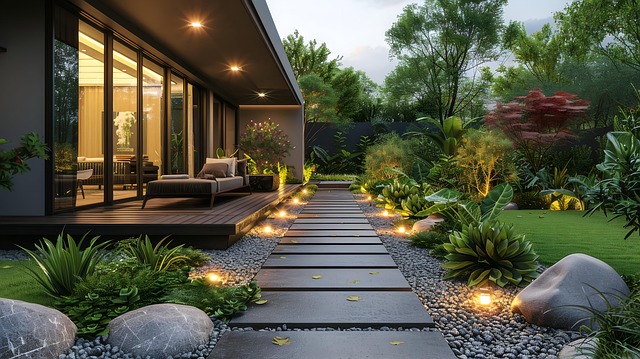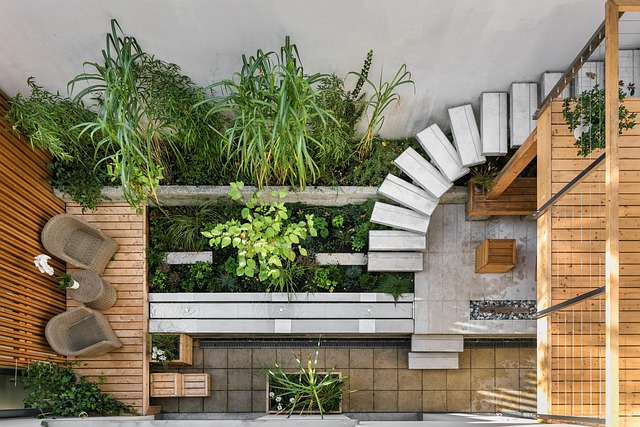Transforming your Rotorua outdoor area goes far beyond simply selecting plants or installing grass. The most successful gardens are those that seamlessly integrate with the homeowner’s daily routines, preferences, and long-term goals.
Whether someone envisions a serene sanctuary, an active family zone, or a sophisticated entertainment venue, the key lies in thoughtful planning with quality gardening services in Rotorua that prioritise function alongside beauty.
Understanding Personal Needs and Preferences
Before making any design decisions, Rotorua homeowners should carefully evaluate how they intend to use their outdoor space. This self-assessment forms the cornerstone of effective landscape planning.
Key considerations include:
- Entertainment preferences: Will the space primarily host gatherings, quiet relaxation, or a bit of both?
- Family requirements: Are there children or pets who need safe play areas?
- Maintenance preferences: Does the homeowner enjoy hands-on gardening or prefer to have minimal upkeep?
- Privacy desires: Is seclusion important, or are open sightlines preferred?
These fundamental questions directly influence material choices, spatial arrangements, and feature selections throughout the design process.

Essential Components for Functional Garden Design
Successful outdoor spaces balance practical needs with aesthetic appeal through some careful integration of hardscaping and softscaping elements.
Outdoor Living Areas
Paved surfaces create versatile foundations for various activities. These areas can accommodate dining furniture, provide sunny spots for morning routines, or offer comfortable zones for reading and relaxation.
Important planning factors include:
Scale and configuration: Intimate spaces are suited for quiet reflection, while expansive areas accommodate larger gatherings and activities.
Material selection: Natural stone offers timeless elegance, pavers provide design flexibility, and concrete delivers durability with modern appeal.
Strategic placement: Proximity to indoor spaces enhances convenience, while distant locations create private retreats within the garden.
Elevated Outdoor Platforms
Raised wooden structures such as pergolas or gazebos or decks are ideal for bridging indoor and outdoor living, creating a seamless transition that expands the usable home space. These features prove particularly valuable for when you are entertaining and can significantly enhance property value when you want to sell.
Primary advantages include:
- Optimal positioning for social activities and cooking
- Enhanced garden views from an elevated perspective
- Year-round usability with appropriate weather protection
Design elements to consider include material durability, integrated seating options, and overhead shelter for comfort during Rotorua’s various weather conditions.
Boundary Solutions
Strategic barriers serve multiple purposes beyond simple property delineation. Well-chosen fencing not only enhances privacy and provides security but it also significantly contributes to the overall aesthetic cohesion.
Popular approaches include:
Natural timber: Offers warmth and versatility that complements most architectural styles.
Contemporary panels: Offer modern aesthetics while maintaining airflow and providing partial visibility.
Custom solutions: Integrate seamlessly with other landscape features for unified visual appeal.
Plant Selection and Arrangement
Vegetation forms the living heart of any garden, with species selection and placement dramatically affecting both the appearance and its actual requirements.
Lifestyle-based planting strategies:
Minimal maintenance approach: Native species and established perennials that thrive in local Rotorua conditions with minimal intervention.
Family-oriented selections: Durable plants and soft lawn areas that withstand active use while providing safe play environments.
Entertainment-focused displays: Statement specimens in containers or borders that create really impressive backdrops for social areas.
Tranquil garden themes: Fragrant varieties, layered textures, and soothing colours that promote relaxation and contemplation.
Practical Infrastructure
Beyond aesthetic elements, successful gardens incorporate functional systems that enhance usability and reduce ongoing maintenance demands.
Essential infrastructure includes safe pathways connecting different garden zones, strategic lighting that extends evening usability, and efficient irrigation systems that maintain healthy plant growth with minimal effort.

Tailoring Designs to Specific Lifestyles
Different household types benefit from distinct design approaches that prioritise their unique needs and preferences.
Social Entertainers
Households that frequently host gatherings require spaces optimised for group activities:
- Generous hard surfaces with flexible seating arrangements
- Integrated cooking facilities or designated barbecue zones
- Atmospheric lighting that creates a welcoming evening ambience
- Strategic plantings that frame social areas while providing privacy
Active Families
Gardens serving families with children or pets emphasise safety and durability:
- Secure perimeter fencing for peace of mind
- Open lawn areas suitable for games and activities
- Shaded zones for hot weather comfort
- Resilient plant choices that recover quickly from active use
Peaceful Retreats
Homeowners seeking tranquil sanctuaries benefit from designs that promote calm and relaxation:
- Secluded seating areas surrounded by lush vegetation
- Water features that provide soothing background sounds
- Natural materials that create organic, harmonious aesthetics
- Layered plantings that offer seasonal interest and textural variety
Low-Maintenance Preferences
Busy households requiring minimal garden upkeep can achieve beautiful results through strategic choices:
- Climate-appropriate native species that thrive without intervention
- Hard surfaces and composite materials that reduce maintenance demands
- Automated watering systems that ensure plant health
- Clean, contemporary design elements that age gracefully
Professional Design Benefits
While many homeowners feel tempted to tackle garden design independently, professional expertise often proves invaluable for achieving optimal results. Experienced designers bring comprehensive knowledge of local growing conditions, materials performance, and construction techniques.
Professional advantages include customised solutions that address specific site challenges, extensive plant knowledge for appropriate species selection, seamless integration of structural and living elements, and comprehensive project management from concept through completion.

Implementation Process
Successful garden transformation typically follows a structured approach that ensures clear communication and satisfactory outcomes.
The process begins with a thorough consultation to understand lifestyle needs, aesthetic preferences, budget parameters, and timeline expectations. This foundation enables designers to create comprehensive plans that address both functional requirements and visual goals.
During the design development phase, detailed drawings and plant schedules provide a clear project visualisation. Homeowners can review and refine proposals to ensure the final plan meets their expectations.
The construction phase involves the systematic implementation of hardscaping elements, followed by the installation of plants and the completion of finishing details. Quality craftsmanship during this stage ensures long-term durability and satisfaction.
Final touches include carefully selected accessories, lighting installation, and any decorative elements that enhance the garden’s personality and functionality.
Ongoing support helps homeowners understand proper care techniques and maintenance schedules to keep their investment looking excellent over time.
In Summary
Well-designed gardens serve as natural extensions of indoor living spaces, providing venues for relaxation, entertainment, and daily enjoyment. The most successful outdoor spaces result from careful consideration of individual lifestyles combined with thoughtful selection of materials, plants, and features.
Whether creating intimate retreats, family activity zones, or sophisticated entertainment venues, the key to success lies in striking a balance between personal preferences and practical considerations. Through strategic planning and quality implementation, any outdoor space can become a valuable asset that enhances both daily life and property value.
